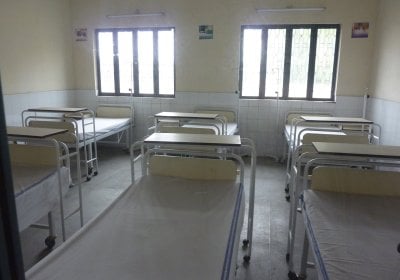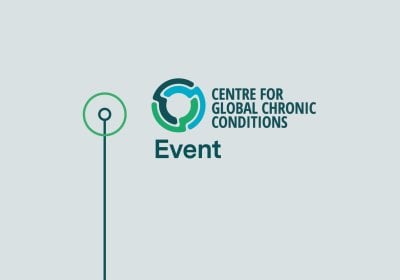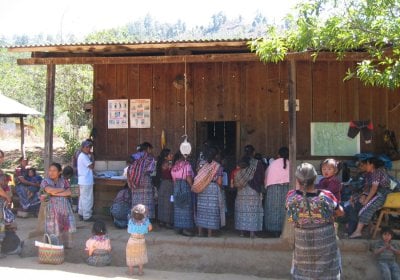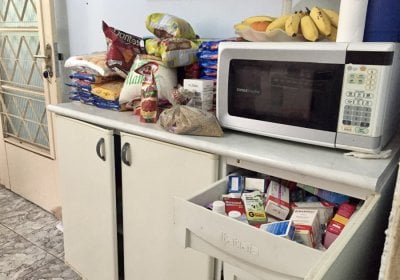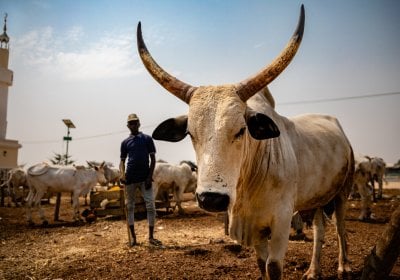Emergent tissue economies: Immunotherapy and the value of cancer tissue
The Medical Anthropology Seminar of the London School of Hygiene & Tropical Medicine (LSHTM) seeks to bring together anthropologists working at the intersections of (public) health and medicine.
Join us for this webinar with Henry Llewellyn and Q&A, and stay around for an “informal chat” at the end of the session.
Abstract
Personalised immunotherapies in cancer include vaccines made with antigens taken from patients’ own tumours that are harvested by surgery. Their rationale is easily understood by patients—by combining their tumour tissue with their immune cells, the vaccine equips their own immune systems with the capabilities to recognise and target their own tumour—a means of enhancing the body’s “natural defence” against cancer. Having drawn significant gains from recent advances in immunology, such vaccines hold considerable promise among cancer communities and are heralded by many as a key treatment in the future of oncology. But they also set up significant dilemmas for patients who are learning what it is like to participate in an emergent “tissue economy,” to use Catherine Waldby’s phrase, and the stakes of exclusion from it.
In this seminar, Henry will explore the valuations and exchanges that constitute this tissue economy as well as the tensions, dilemmas and disparities faced by patients as these technologies are embedded experimentally and accessible via private means.
Using ethnographic material collected over 18-months in a specialist brain tumour unit in England, Henry focuses his attention on how cancer tissue is considered and handled by surgeons, biomedical scientists, pathologists and researchers and how it is being ascribed with new therapeutic value. He suggests this shift from tumour as life-threatening disease to therapeutically valuable material is radical and requires of patients a leap of faith that is unusual even in the fast-paced, technologically driven world of modern medicine.
Speaker
Henry Llewellyn is a postdoctoral research fellow in the UCL Division of Psychiatry. His work uses ethnographic approaches to examine the productions of diagnosis, medical decision-making, end of life care, and the social implications of new technologies in cancer classification and treatment. He currently leads a project exploring the social consequences of integrating novel diagnostic techniques and treatment stratification in routine care for people with a brain tumour in the United Kingdom.
Please note that the time listed is Greenwich Mean Time (GMT)
Admission
Contact
